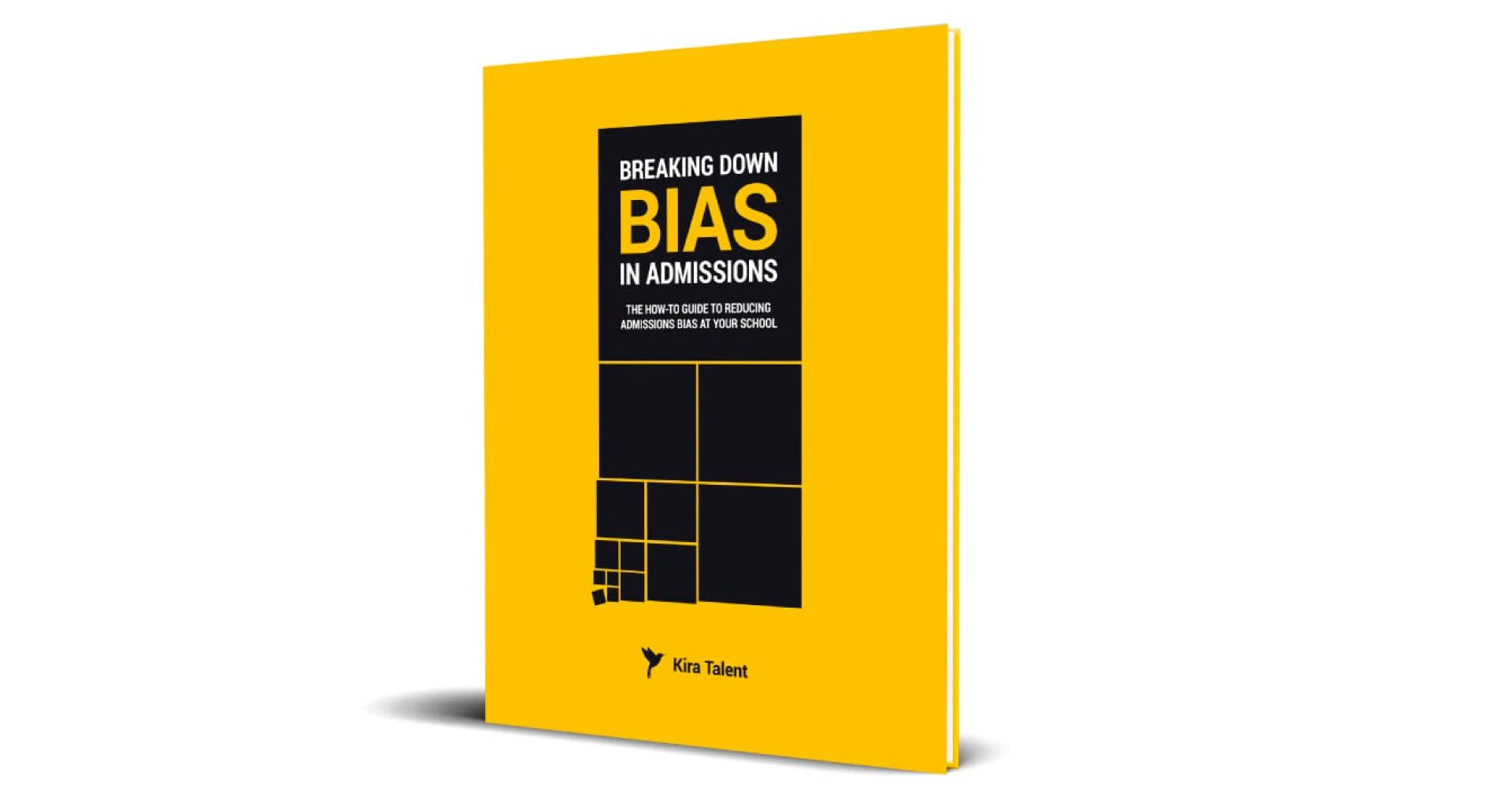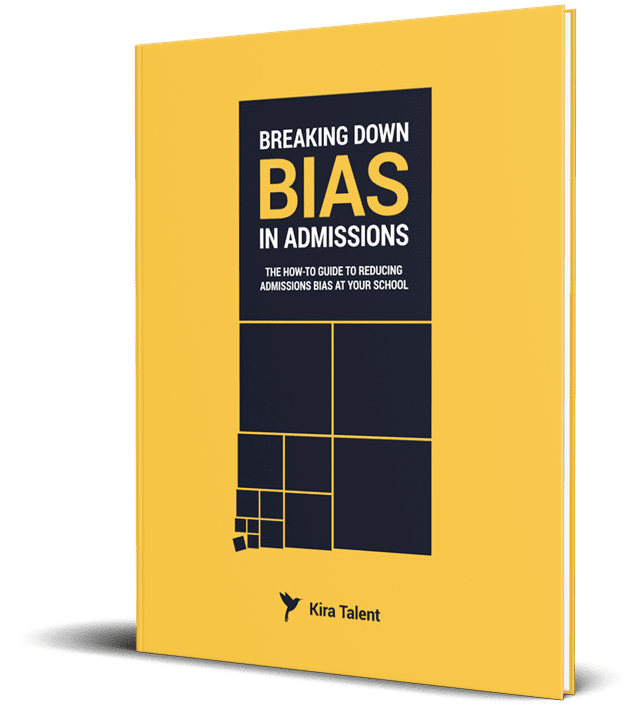With the new year upon us, it’s a wonderful time to pick up a new book either for yourself or a colleague who went the extra mile this year. We’ve got you covered with recommended reading for the admissions office.
Here are the books:
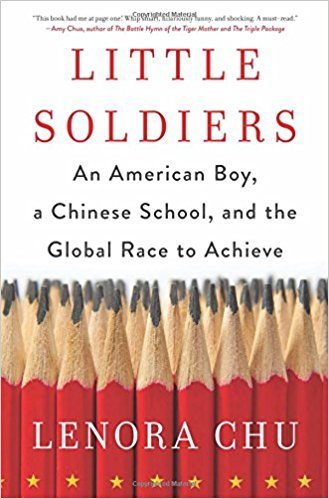
Little Soldiers: An American Boy, a Chinese School, and the Global Race to Achieve
by Lenora Chu
After enrolling her three-year-old son in a Chinese state-run public school, American journalist and author Lenora Chu became intrigued by the significant differences between Chinese and American education. She shares what she learns from the intense, high-stakes environment Chinese students experience from as early as pre-school through to graduation.
Why read it?
“Anyone will understand [China] better after reading this book…. Chu vividly sketches these differences [between Chinese and American school systems] in terms that will make readers ponder what they actually think about rote memorization and parents question their preferences for their own children.” — New York Times.
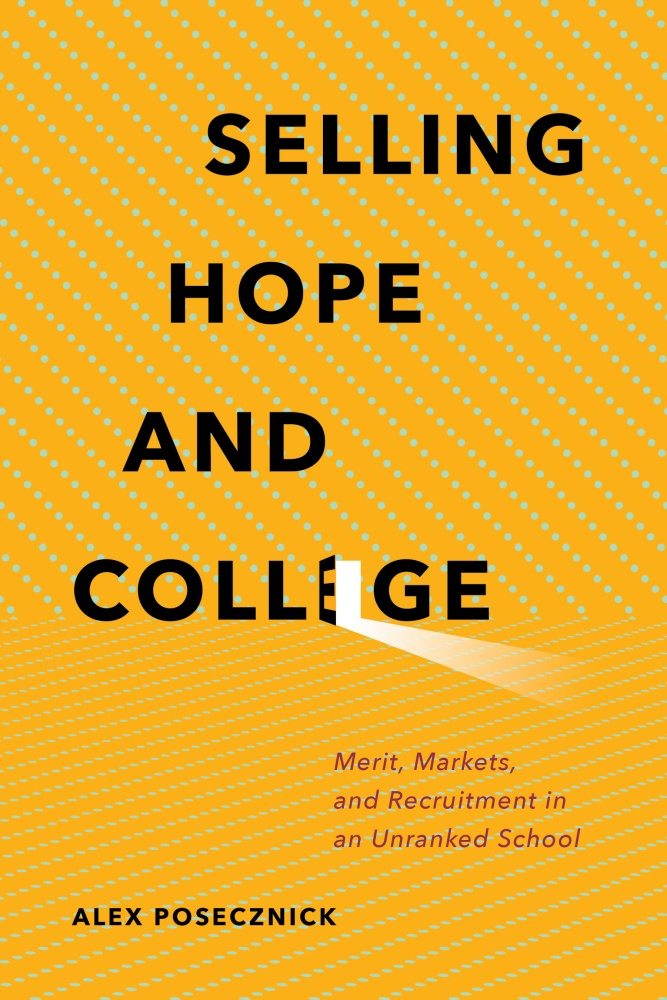
by Alex Posecznick
Professor Alex Posecznick documents a year spent working within a small, private, nonprofit institution, which serves traditionally underprepared students for college, as they experience the intense pressures of today’s competitive higher education market. His book aims to take a snapshot of what it takes to keep a non-competitive institution open and operational, while still “selling hope” to prospective students.
Why read it?
"Alex Posecznick's topic and argument are timely and compelling and his voice is readable and interesting. I feel like I know this school and its people and troubles as well as its specialness. The stories linger with me when I put the book aside."—Jane Jensen, University of Kentucky, coauthor of Piecing It Together: A Guide to Academic Success.
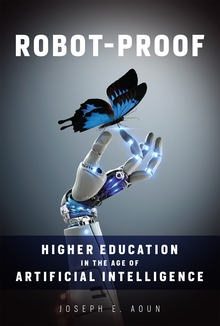
Robot-Proof: Higher Education in the Age of Artificial Intelligence
by Joseph E. Aoun
“How can higher education prepare students for their professional lives when professions themselves are disappearing?” In Robot-Proof, Northeastern University president Joseph Aoun proposes how schools can educate the next generation of college students to develop adaptability and a “creative mindset,” rather than teaching facts, to equip students for critical roles in the future.
Why read it?
“Joseph Aoun’s book is a thought-provoking analysis of our technology-infused world and higher education’s place in it. Far from fearing the dislocation caused by the increased use of robots and the development of AI, Aoun offers an optimistic, practical view of what higher education can do to prepare the next generation. Anyone interested in higher-education policy will greatly benefit from this cogent, persuasively written work.” —Janet Napolitano, President, University of California, and former Secretary, U.S. Department of Homeland Security.
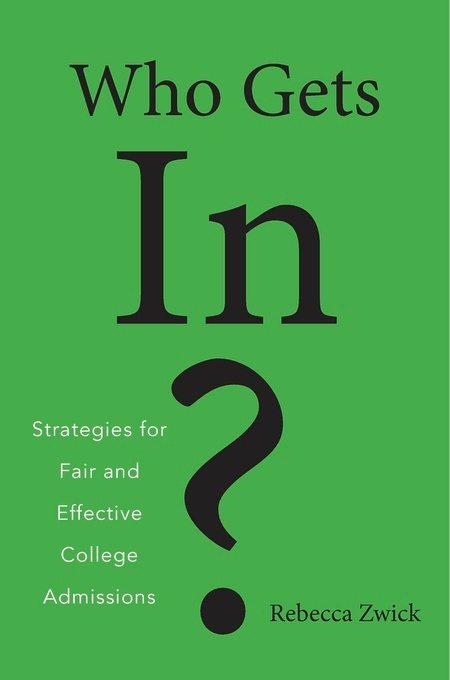
Who Gets In? Strategies for Fair and Effective College Admissions
by Rebecca Zwick
Professor Rebecca Zwick considers years of research on college admissions and the efficacy of different traditional and nontraditional approaches to selecting students. She argues that while there is no way to be truly 'objective' in admissions, schools can and should be doing more to be transparent about the criteria they are using to select students.
Why read it?
“Who Gets In? is an excellent primer for people involved in the admissions process, and for those who would like to create a fairer way of assessing students. Zwick does a wonderful job of making complex assessment issues clear and accessible to a general audience. I loved this book.”—Patricia Gándara, coauthor of The Latino Education Crisis: The Consequences of Failed Social Policies.
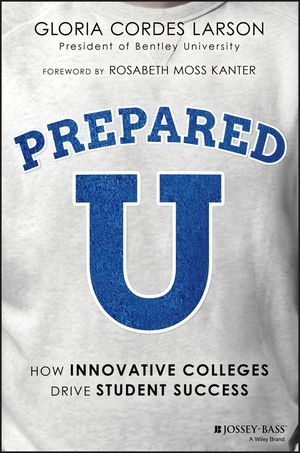 PreparedU: How Innovative Colleges Drive Student Success
PreparedU: How Innovative Colleges Drive Student Success
by Gloria Cordes Larson
Bentley University President Gloria Cordes Larson wants to close the gap between ambitious but under-prepared new graduates and the employers who are disappointed in their job-readiness. She writes to college administrators, educators, and policy-makers with the hopes of shifting our understanding of excellence in education in today's vastly changing workforce.
Why read it?
"Those of us in higher education leadership know that the world's expectations of our graduates will rapidly eclipse our ability to meet those expectations UNLESS we can offer the opportunities Gloria Larson identifies in PreparedU. Students who aspire to actively engage in their college experience—as well as their parents—will devour President Larson's ideas. Their institutions will be well advised to understand such students are coming their way, and the best employers will be very grateful!" —Helen G. Drinan, President, Simmons College.
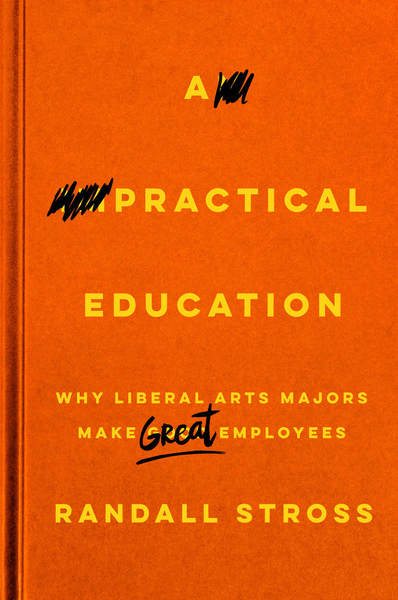 A Practical Education: Why Liberal Arts Majors Make Great Employees
A Practical Education: Why Liberal Arts Majors Make Great Employees
by Randall Stross
Liberal arts degrees are often mocked, questioned, and doubted, causing many employers, parents, and teachers alike to discourage students from pursuing a liberal arts education. Author Randall Stross investigates the hotbed of talent in Silicon Valley’s workforce to find liberal arts grads are thriving, not in spite of, but because of, their education.
Why read it?
"Randall Stross celebrates the importance of a liberal education with its emphasis on critical thinking, communication skills, and ability to master new subjects. He makes a strong case that such an education provides the best foundation for life, both in the workplace and beyond. I agree with him 100%!" —John L. Hennessy, President Emeritus, Stanford University.
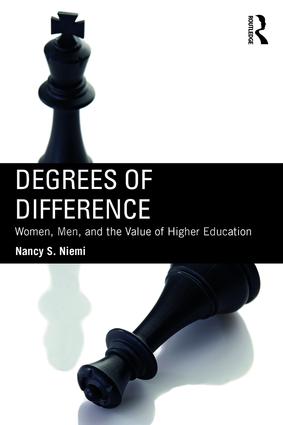 Degrees of Difference: Women, Men, and the Value of Higher Education
Degrees of Difference: Women, Men, and the Value of Higher Education
by Nancy S. Niemi
More women are enrolling in college than ever before, yet they continue to lack economic and political power. Professor Nancy S. Niemi presents a compelling and approachable new perspective to the role of higher education in creating gender equality.
Why Read it?
"Degrees of Difference is an immensely rich and powerful volume about the continuing and everyday power differentials between men and women, despite women's dominant scholastic performances throughout schooling. Niemi demonstrates her passion for education and carefully reveals the illusion of gender equity in education. This book is a must-read for all scholars who want to transform higher education to make it more equal and fair." — Miriam E. David, Professor Emerita, Sociology of Education, Institute of Education, University College London.
Want even more to read? See what you missed from last year’s recommendations.


